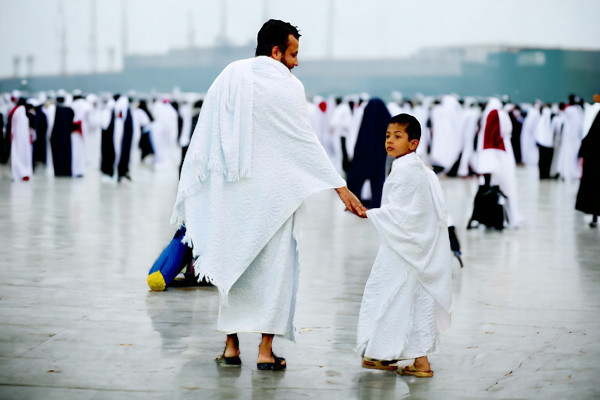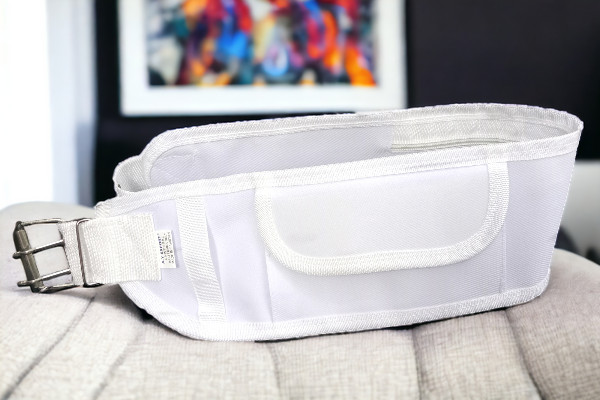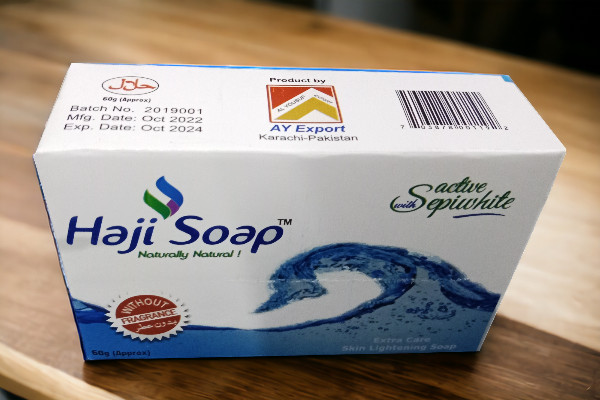Delivering top-notch products that not only meet but exceed your expectations for quality, functionality, and style.
-
 Discover the Essence of Ihram
Discover the Essence of IhramIhram Essence Elevate Your Spirit, Embrace Simplicity
-
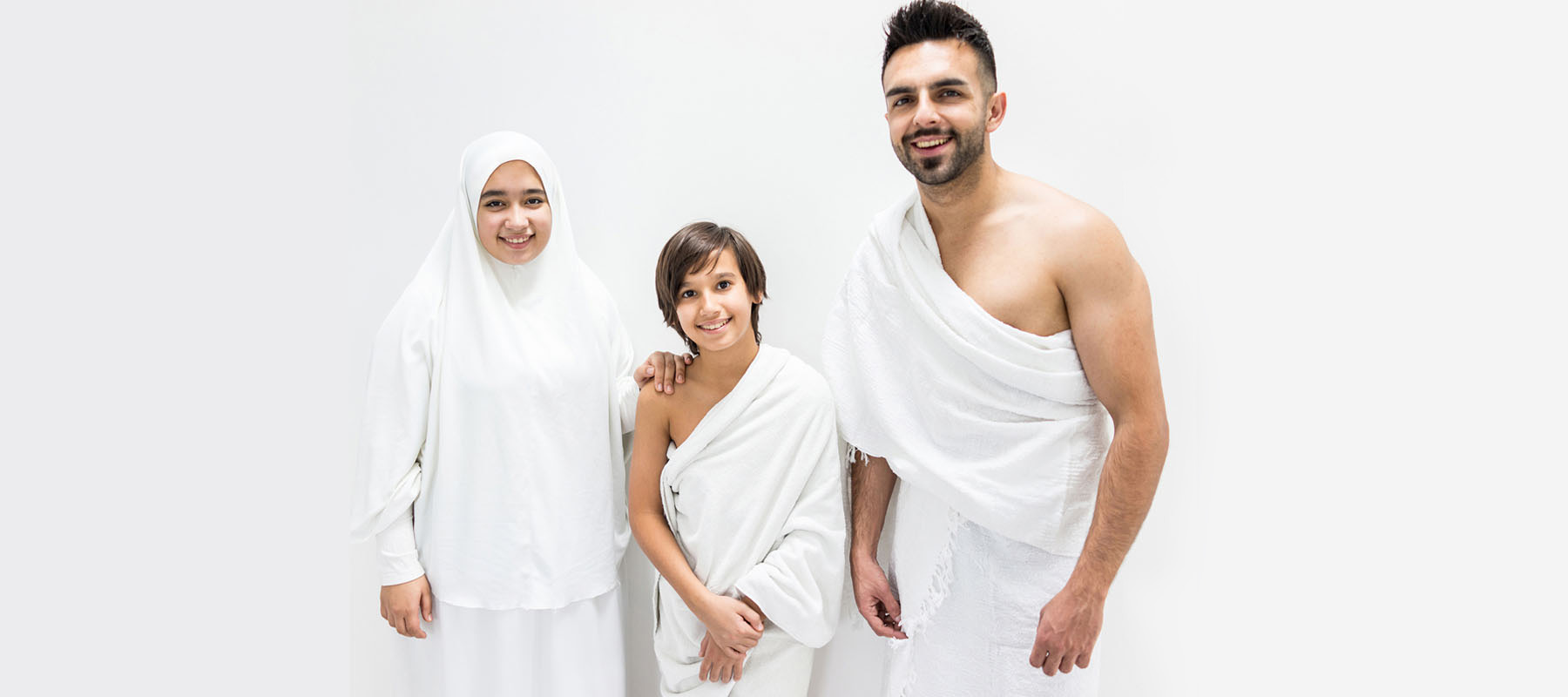 Ihram Elevate Your Pilgrimage
Ihram Elevate Your PilgrimageIhram Elevate Your Spiritual Journey
-
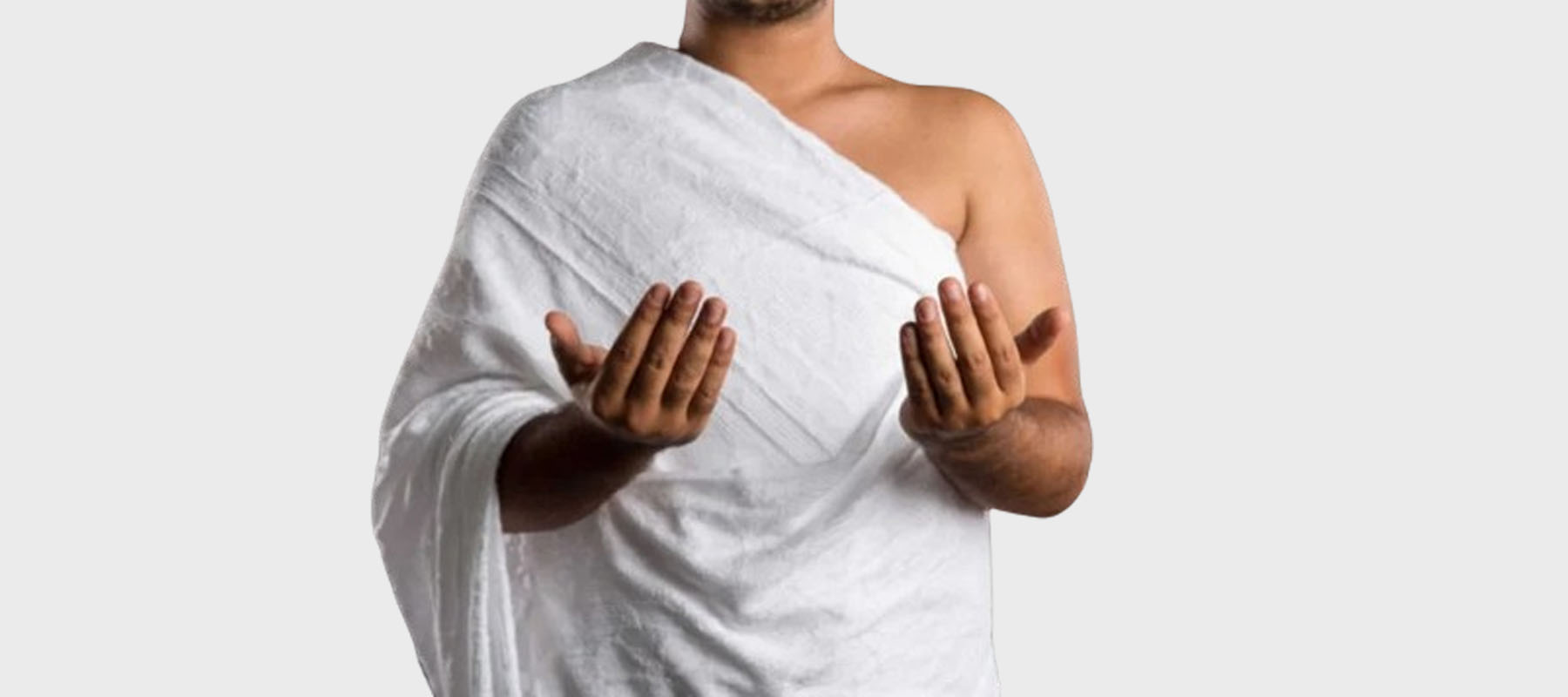 Ihram The Essence of Devotion
Ihram The Essence of DevotionIhram Unveiling Pure Devotion.
Al Yousuf Export

Fully committed to compliance with all relevant regulations and standards governing our industry.

Our advanced manufacturing facility ensures top-quality and hygienic products with state-of-the-art machinery.


We prioritize a seamless shipping and logistics experience to ensure that our premium Hajj essentials reach you promptly and securely.

We offer multiple communication channels, including email, phone, and live chat, ensuring that you can reach us conveniently.

We care about our customer’s product and offer free updates and the best support around.

We Bring The Best Things
-

Intention (Niyyah)
-

Purification (Taharah)
-

Dress Code
-

Recitation of Talbiyah
-

Restrictions
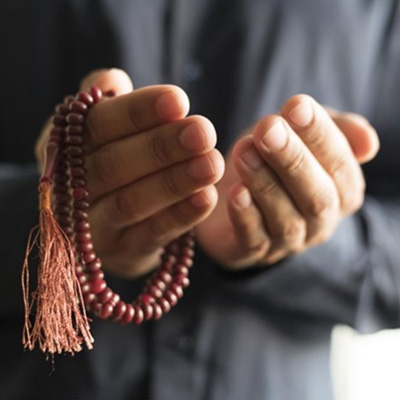 Intention (Niyyah)
Intention (Niyyah)
Intention, known as “Niyyah” in Islam, holds profound significance in religious practices, including Hajj and Umrah. Niyyah represents the heartfelt, conscious decision and commitment to embark on a specific act of worship. In the context of wearing Ihram for pilgrimage, Niyyah involves a sincere internal declaration of the individual’s intention to undertake this sacred journey.As pilgrims prepare for Hajj or Umrah, making Niyyah becomes a pivotal initial step. This intentional act transforms routine actions into acts of worship, imbuing them with spiritual purpose. Niyyah encapsulates the essence of mindfulness and devotion, emphasizing the purity and sincerity of one’s intentions before the Almighty. Niyyah is a personal and spiritual commitment that lays the foundation for a meaningful and purposeful engagement with the rituals and practices associated with the pilgrimage, fostering a deeper connection between the individual and their faith.
Read More Purification (Taharah)
Purification (Taharah)
Purification, a fundamental concept in Islam, extends beyond physical cleanliness to encompass a holistic state of spiritual and moral purity. Rituals such as Wudu (ablution) and Ghusl (ritual bath) serve as visible expressions of this commitment to cleanliness in Islamic practice. Wudu involves specific acts of washing the face, hands, arms, head, and feet before prayers, symbolizing the purification of the body. Ghusl, a more comprehensive purification, is undertaken on various occasions, including after marital relations, before entering Ihram for pilgrimage, and after certain states of impurity. Beyond these rituals, purification in Islam involves maintaining integrity, avoiding harmful behaviors, and seeking forgiveness for one’s shortcomings. This multifaceted approach to purification reflects Islam’s emphasis on fostering a pure heart, mind, and soul, aligning with the broader spiritual journey towards closeness to Allah and adherence to righteous conduct.
Read More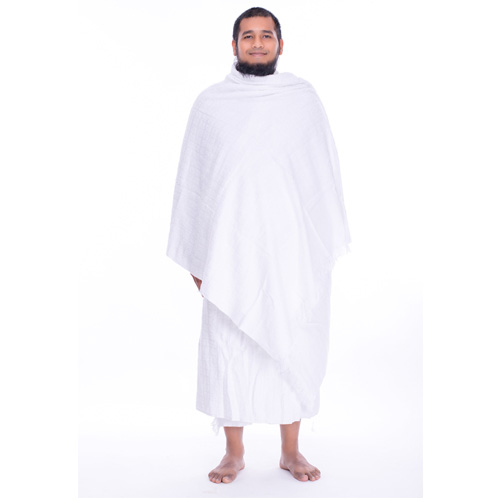 Dress Code
Dress Code
The Ihram dress code, worn by Muslims during the pilgrimage of Hajj or Umrah, is a symbolic expression of simplicity, equality, and spiritual focus. For men, it typically consists of two white, seamless sheets—one wrapped around the waist and the other draped over the upper body. Uncovering the right shoulder by folding the upper sheet emphasizes humility and equality among pilgrims. Women also adhere to a modest dress code, although it differs from the male attire and allows for greater flexibility. The significance of the Ihram dress code lies not only in its unadorned appearance but also in its representation of a pilgrim’s commitment to humility and devotion, setting aside worldly distinctions and focusing solely on the spiritual journey towards Allah. The choice of white reflects purity and the equality of all individuals in the eyes of the divine, reinforcing a sense of unity among the diverse community of believers undertaking the sacred pilgrimage.
Read More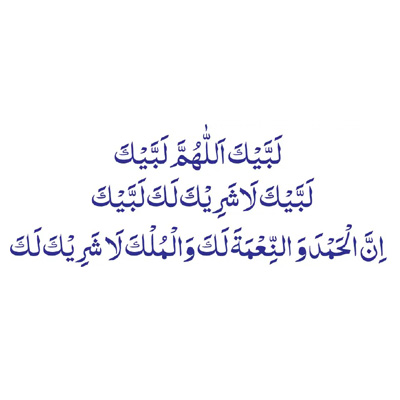 Recitation of Talbiyah
Recitation of Talbiyah
The Talbiyah is a sacred invocation in Islam, recited by pilgrims embarking on the Hajj or Umrah pilgrimage. This rhythmic declaration begins with the words “Labbayk Allahumma Labbayk,” meaning “Here I am, O Allah, here I am.” Pilgrims continue with phrases acknowledging Allah’s sovereignty and expressing gratitude, emphasizing the singular devotion and submission of the pilgrim to the divine call. The repetitive nature of the Talbiyah, recited throughout the pilgrimage, underscores the pilgrim’s unwavering commitment and eagerness to respond to the call of Allah. The collective chanting of the Talbiyah by multitudes of pilgrims creates a powerful atmosphere of unity, individual identities into a shared devotion and a profound sense of spiritual purpose. The Talbiyah encapsulates the essence of the pilgrimage, serving as a constant reminder of the pilgrim’s submission, humility, and dedication to the divine journey ahead.
Read More Restrictions
Restrictions
The state of Ihram during the Hajj or Umrah pilgrimage is characterized by specific restrictions aimed at fostering spiritual focus, humility, and adherence to the sacred rituals. Pilgrims in Ihram are prohibited from engaging in certain activities, including cutting hair or nails, using scented products, engaging in marital relations, and hunting. The avoidance of scented products, for example, is a reminder of simplicity and the renunciation of personal adornment, while refraining from cutting hair and nails symbolizes a state of consecration. Prohibiting marital relations during Ihram emphasizes the temporary separation from mundane activities, fostering a heightened state of spiritual devotion.The restriction on hunting underscores the sanctity of life and the pilgrimage environment, creating an atmosphere conducive to reflection,and unity among the pilgrims who collectively observe these guidelines in pursuit of a deeper connection with the divine.
Read More

